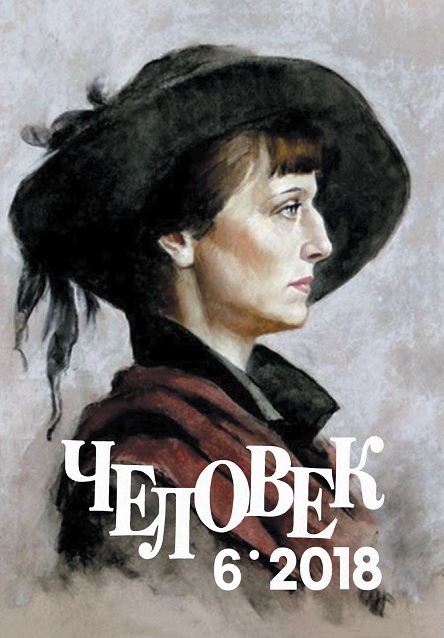Is the philosophy of history needed today?
The project's Creator and moderator — Julia V. Sineokaya
Abstract
The discussion focuses on the place and role of the philosophy of history in contemporary historical knowledge. Unlike most of the modern works, it covers not only the methodological and epistemological functions of the philosophy of history but its significance as a special type of ontological knowledge of history. That knowledge allows us to represent the philosophy of history in the perspective of the unity of all the three principal temporal modes, that are the Past, the Present, and the Future. That link of times within the general historical dynamics is manifested in their different correlation with the nontemporal world, or eternity, that is symbolically framed in mythological, religious and utopian consciousness. The very necessity of relating historical time to such an unverifiable category as eternity gives the philosophy of history a special status of ontological knowledge of history. The comprehension of world history in the unity of all its time modes is possible neither through the opposition of time and eternity — that opposition is characteristic for the historical Past, nor as a denial of a religiously or metaphysically interpreted eternity in the modern era, but as a result of interpreting the future as a historical state in which the gap between time and eternity.






